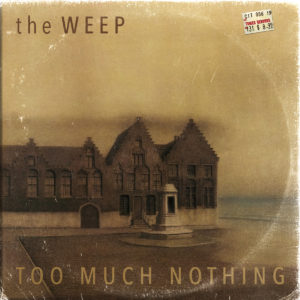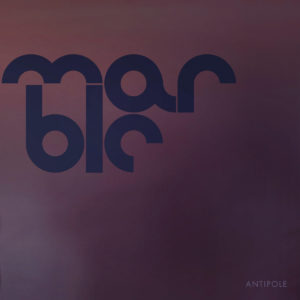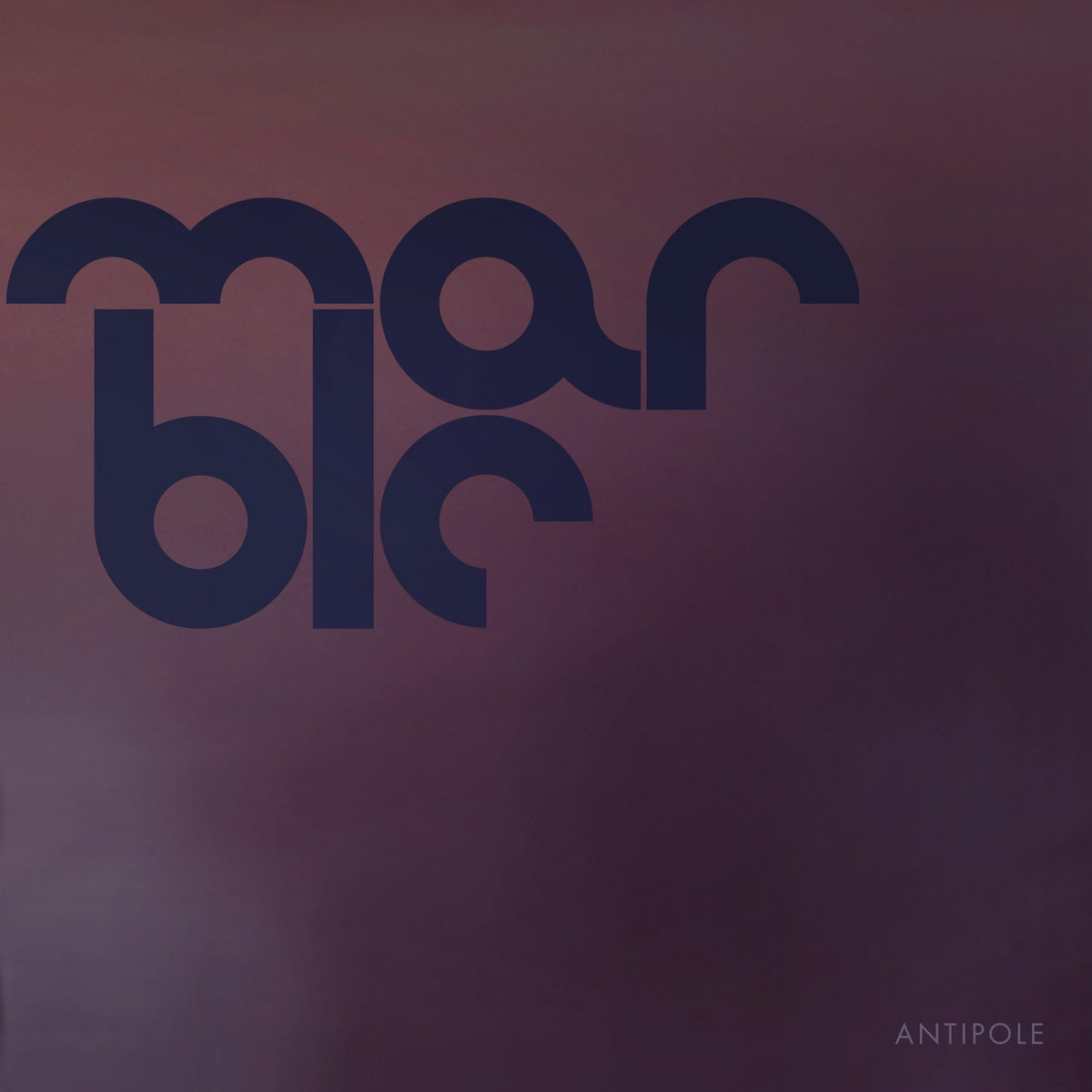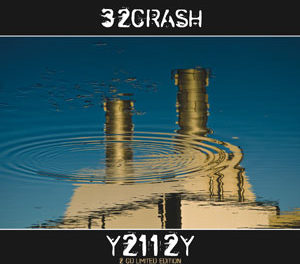
The Weep
Too Much Nothing
self-released
Over the past decade-plus, Doc Hammer’s Weep (now with a free definite article!) have tread a fine line between understatement and excess. New LP Too Much Nothing showcases the autumnal post-punk they’ve carved a reputation for, simultaneously nostalgic and nervously anxious, yet also stakes some new claims. Musically, this is (The) Weep’s furthest stray away from the dramatic, goth-inflected style of rock Hammer reformulated from his roots in Requiem In White and Mors Syphilitica. Sure, there are some wistful keys on “He Came As Rain” and the sturm und drang of “The Rope” feels just as intense as anything on Alate, but there’s a weathered, no-frills delivery on Too Much Nothing recalling the dusty weariness of mid-period Replacements or cool Jesus & Mary Chain styled grooves. That’s not a knock on the quality – late album highlights like “Show Me” and “If Only” rank with the band’s best tracks, new or old.

Antipole
Marble
self-released
Norwegian post-punk act Antipole’s new EP Marble serves as a handy summary of the project’s sound and stance. Karl Morten Dahl’s work favours the classic genre template of baritone vocals, chiming reverbed guitars and a bouncy rhythm section, with synth and reverb to taste. Interestingly it’s the ways in which Dahl plays with those classic sounds on the title track that best get Antipole across: “Marble” could play as a fairly straight number from beginning to end in terms of arrangement, but Dahl instead takes numerous opportunities to create deeply delayed breakdowns and shifts in the drum programming that give the song an uneasy and slightly off-kilter edge. While “Narcissus” isn’t quite so unnerving, it makes excellent use of dueling guitar lines that shift in and out of the forefront of the track, occasionally dropping away to allow the track’s sinister bassline to really breathe. The eight-minute long “Someday 45” foregoes big changes in structure, relying instead on hypnotically looping bass and occasionaly tweaks to the mix to draw the listener in. The release also contains a remix by post-punk darlings of the moment Molchat Doma, which surprisingly drops almost all the track’s original instrumentation in favour of a budget techno rave-up, completely with big rave stabs, vocoders and an uplifting climax. Strange, but also a match for Antipole’s unpredictability.





